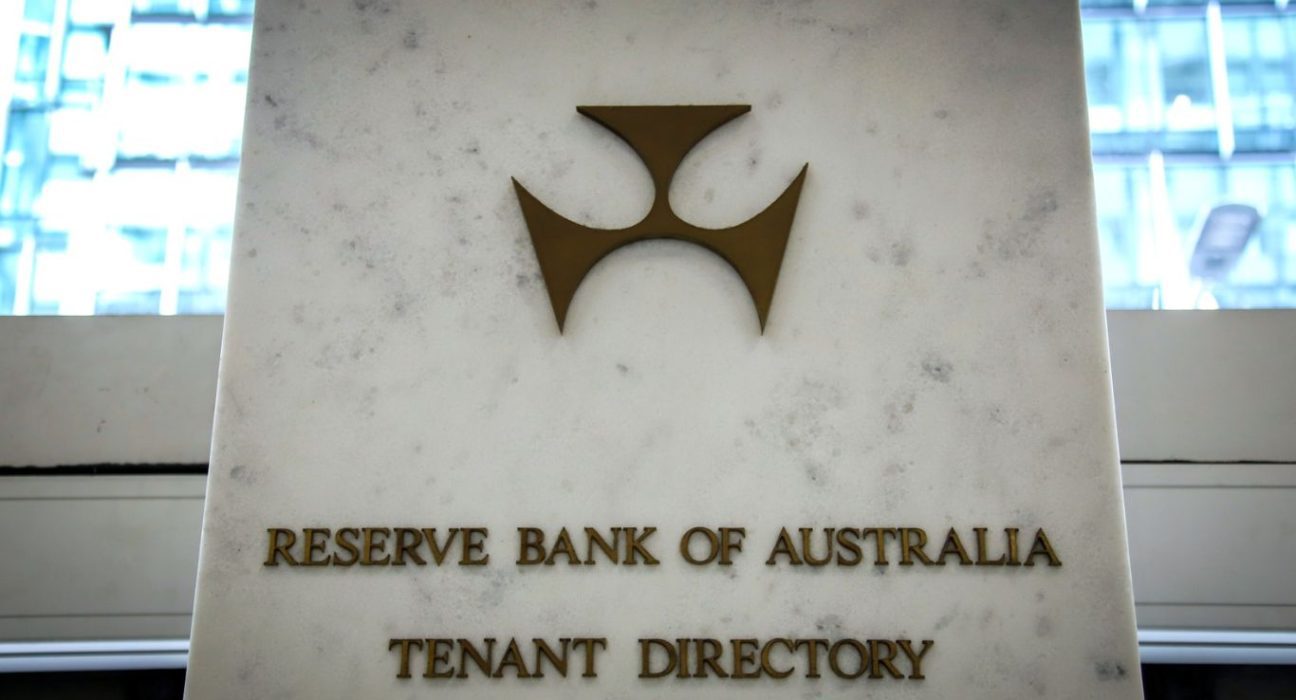Introduction
In an unexpected move, the Reserve Bank of Australia (RBA) has chosen to keep interest rates unchanged for the second consecutive month, deferring an anticipated rate hike of 25 basis points projected by economists in a Reuters poll. The decision, which comes after a series of rate increases over the past 16 months, reflects the bank’s cautious approach to address inflation concerns while navigating economic uncertainties. The RBA’s latest announcement has left economists and market participants questioning the central bank’s stance and its potential impact on Australia’s economic landscape.
RBA’s Pause Amid Inflation Concerns
The RBA’s surprising decision to maintain the status quo was underpinned by its assessment of the inflationary landscape. With the inflation rate hovering at 6.0%, double the upper limit of the central bank’s target range, the decision might appear counterintuitive at first glance. However, the bank’s statement noted that the four consecutive rate hikes totaling 400 basis points undertaken over the past year and a half had begun to yield results in cooling demand. This indicated a belief that the previous rate hikes had set the economy on a path to moderation, aligning with the bank’s goal of achieving sustainable inflation levels.
Market Expectations vs. RBA’s Strategy
The RBA’s decision to keep rates unchanged caught a majority of economists off guard. Market expectations, as reflected in interest rate futures pricing, had been aligned with a rate hike prediction. The surprise pause highlights the challenge of accurately predicting the central bank’s moves, especially during periods of economic volatility and shifting global dynamics. This event underscores the complex interplay between economic data, policy decisions, and market sentiment, emphasizing the need for flexibility and adaptability in financial forecasting.
Balancing Act: Inflation and Economic Growth
The RBA’s stance underscores the delicate balance it aims to maintain between curbing inflation and supporting economic growth. While containing inflation is a key mandate, abrupt and aggressive rate hikes could potentially stifle economic activity and dampen consumer and business confidence. By holding rates steady, the RBA is signaling its intention to provide stability and support ongoing economic recovery, especially in sectors that might be sensitive to interest rate fluctuations.
Impact on Borrowing Costs and Consumer Sentiment
The RBA’s decision not to raise rates will likely have immediate consequences for borrowers, including homeowners with variable-rate mortgages and businesses reliant on credit. The pause offers a temporary relief from potential borrowing cost increases, which could stimulate consumer spending and business investment. This move aligns with the RBA’s broader objective of fostering a favorable environment for economic growth, albeit with a watchful eye on inflation dynamics.
Looking Ahead: RBA’s Future Moves
As the RBA leaves the door open for potential future rate hikes, the focus will shift to upcoming economic indicators and data releases that could influence the bank’s decision-making. The RBA’s cautious approach reflects its commitment to data-driven policymaking, where decisions are made based on a holistic assessment of economic trends, both domestic and international. Market participants, economists, and businesses will closely monitor developments and statements from the RBA in the coming months to gain insights into the bank’s evolving strategy.
Conclusion
The Reserve Bank of Australia’s decision to keep interest rates unchanged, despite expectations of a hike, underscores the intricate challenges central banks face in managing inflation and fostering economic growth. While the move may appear surprising on the surface, it reflects the RBA’s measured approach to monetary policy, aimed at achieving sustainable economic outcomes. As economic uncertainties persist, the RBA’s cautious stance highlights the need for flexibility, adaptability, and continuous monitoring of economic indicators to steer the nation’s economy on a steady course.










